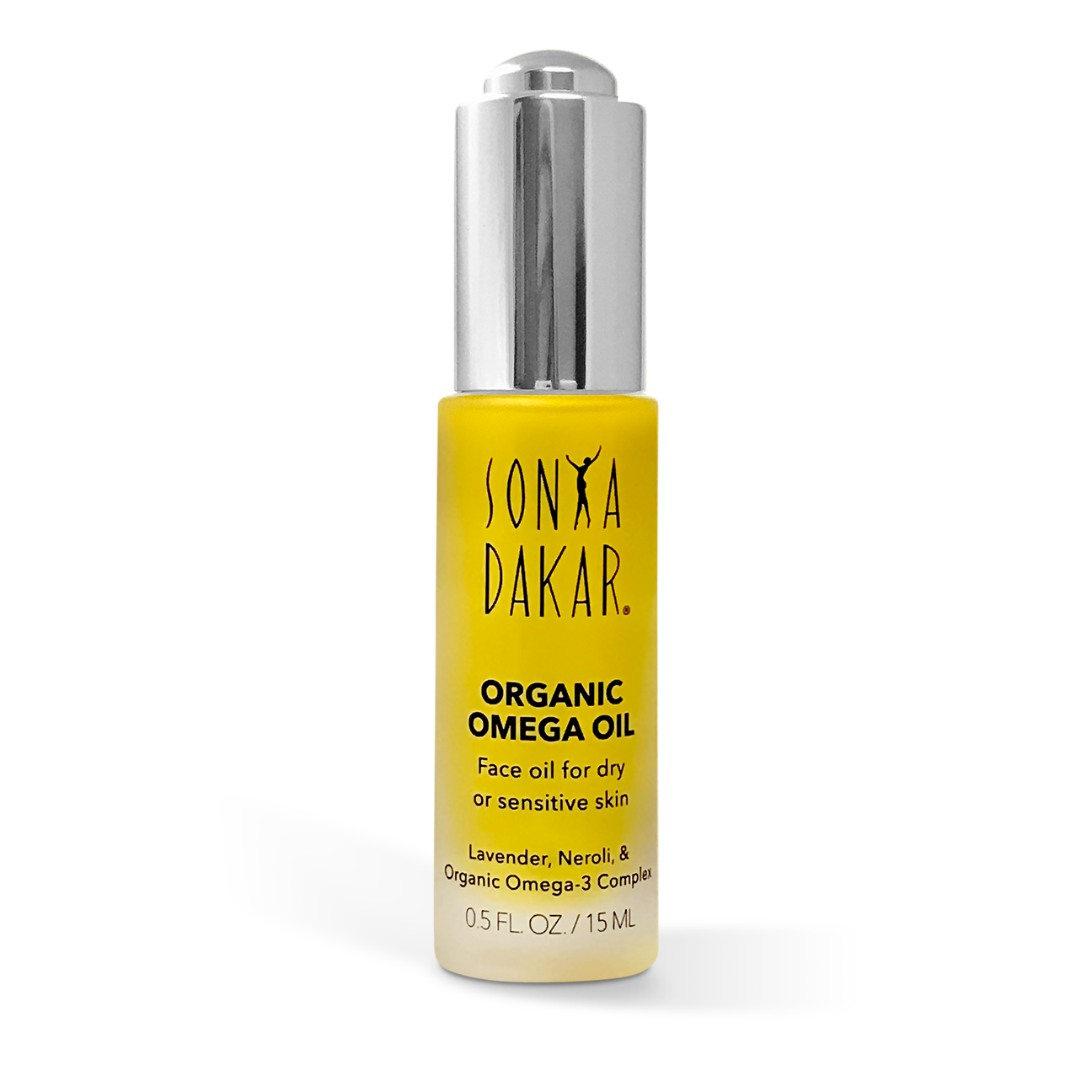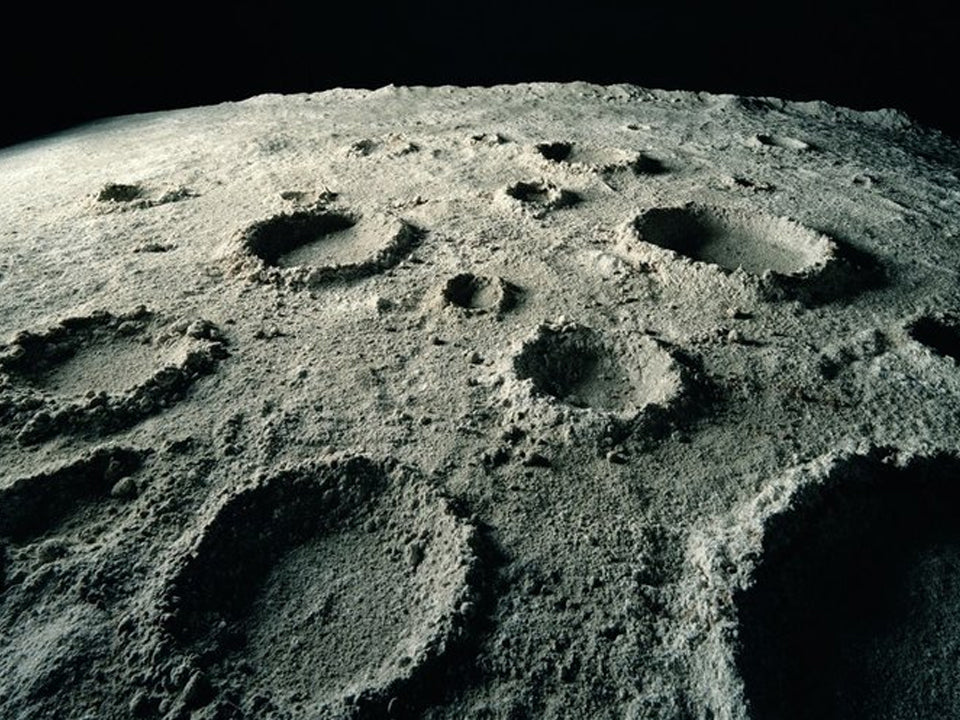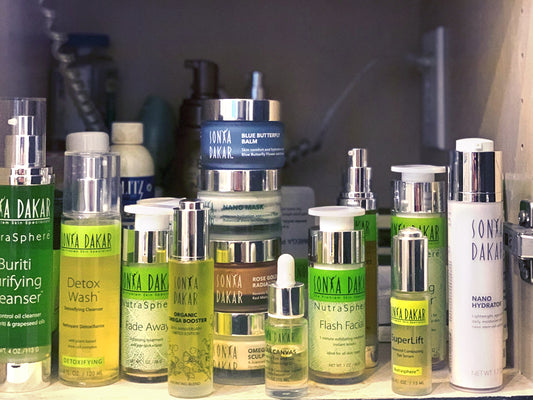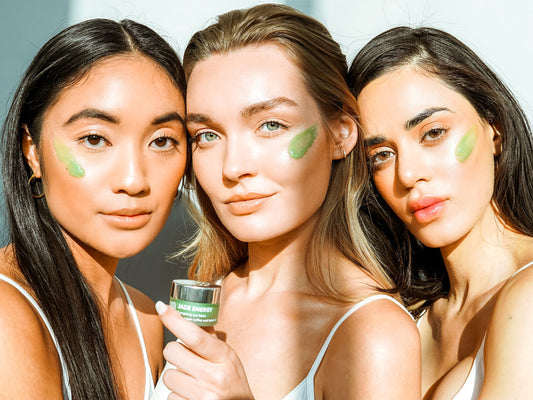As if acne breakouts aren’t enough of a bummer, the lingering acne scars and marks left behind are doubly frustrating as they require added effort to remedy. Properly identifying the concern will help us treat more effectively and quickly.
 Acne marks
Acne marksWhat's the difference between acne marks and acne scars?
Acne marks: When skin is inflamed, it often leaves behind a “stain” as part of the natural healing process. These marks tend to be dark or pink in appearance. Unlike scars, these are smooth to the touch (i.e. not raised or indented), and are a sign that there is no permanent collagen damage to the skin.
 Depressed acne scars
Depressed acne scarsAcne scars: These form when the skin has been damaged, leading to abnormal collagen production, with the appearance usually appearing raised or bumpy. There are two categories of acne scars; depressed which may look like pits or craters, and raised, (keloids) may be firm or tender.
Acne Scar Prevention
Controlling acne breakouts is the first step in preventing acne marks or scarring.
Diet: A proper diet has been linked to many benefits, including a healthy complexion and clearer skin. Foods such as dairy, refined flour, and excess sugar, can disturb the balance of your internal system creating an environment conducive to acne-causing bacteria. In addition to eating green leafy vegetables, and minimally processed foods, taking a daily probiotic for 30 days will help strengthen your body’s ability to fight acne.
Acne treatment products: Target existing breakouts, calm visible inflammation, clear pores and prevent future flare-ups—all with one skin friendly salicylic acid acne treatment product.
Sonya's Pick: Super Clear
Pick your friends, not your skin!
We sound like a broken record, but it's for good reason. The only one who should be extracting your pores is a licensed (and well vetted) esthetician. Some careless zit-popping can lead to years of unsightly scarring.
Acne Marks Treatments
Sunscreen: Sun exposure during an active breakout can lead to darkening of inflammatory lesions (breakouts), prolonging their appearance on your skin and making them harder to fade over time. It's important to be diligent and apply sunscreen daily — even when it's cloudy. And don't worry about breaking out from a pore-clogging sunscreen; there are more innovative and acne-friendly options than ever.
Sonya’s Pick: Daily Shield
Skin lightening products: Natural lightening actives such as daisy flower extract, are clinically shown to moderate the production of melanin, which darkens your skin tone. This keeps any marks from darkening and allows it to fade as skin naturally heals itself.
Sonya’s Pick: Fade Away
Acne Scar Treatment & Removal
 Keloid "raised" acne scar
Keloid "raised" acne scarRetinoids: Retinoids work over time by continuously increasing cell turnover which in turn helps fade hyperpigmentation and smooth skin texture. Retinoids (or Retinoic Acid) reduce acne scarring by causing damaged surface skin cells to turn over and die rapidly while accelerating the skin renewal process. But not all retinoids are created equal. Look for those developed with time release technology to minimize any irritation, redness or flaking.
Sonya’s Pick: Retinu
Chemical peels: A chemical peel is a treatment that uses the application of mild solutions for skin refinement and regeneration. Products containing lactic, phytic and kojic acid promote cell turnover, which is the process where new skin cells form and help even out your skin tone. You can try an at-home peel like the Nano Peel, which uses both lactic and phytic acids to help fade spots by exfoliating dead skin cells and smoothing out skin texture.
In Clinic Treatments
Diamond Peel (Microdermabrasion)
One of the most effective treatments for acne scar removal, using a high-speed brush or other instrument to resurface your skin and remove or reduce the depth of scars.
Microneedling
Microneedling works by creating a small 'injury' to the skin, prompting skin to heal itself by producing collagen and elastin, improving appearance of scars, fine wrinkles and hyperpigmentation.





